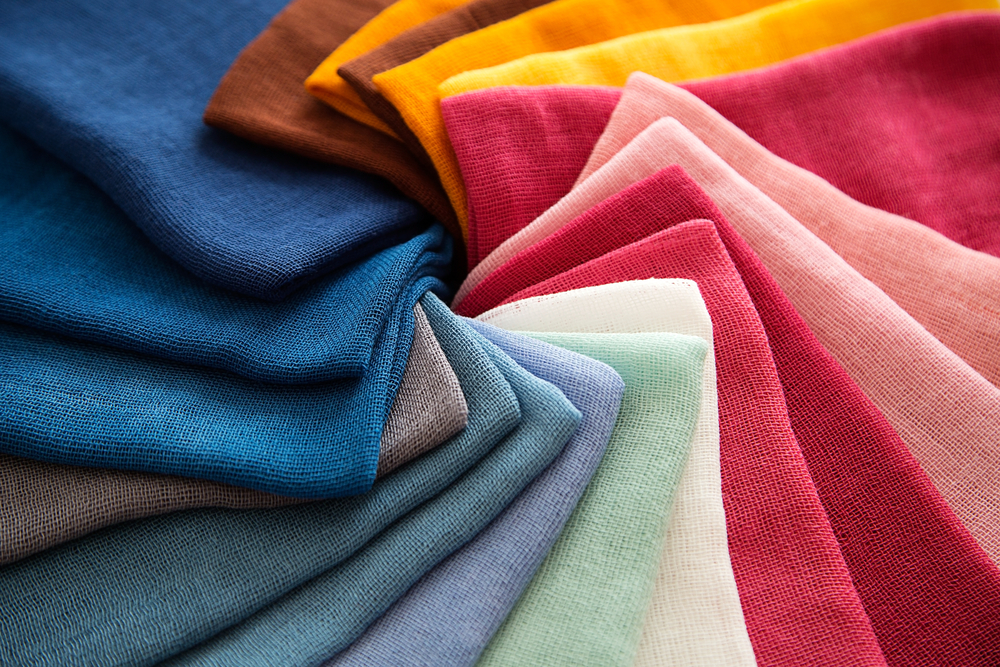A team at Harvard is creating therapeutic wearables using robotic fabrics. While robotic fabrics are far from new, they’re usually attached to bulky external machines that can modulate air pressure inside them to make them move or change their shape. Since that could limit their potential applications, a team of Harvard researchers got together to develop a textile-based soft robot that can regulate itself without being tethered to any machine.
The researchers designed a robotic fabric called Smart Thermally Actuating Textiles (STATs), which is composed of tightly sealed pouches containing a fluid known as Novec 7000. When heated, the fluid vaporizes, and its volume expands up to 100-fold to change the fabric’s shape. But when it’s cooled, it condenses back to a liquid, thereby deflating the fabric.
To eliminate the need for an external machine, they weaved electronically-conductive silver-plated threads into the material they used for the STATs. The threads serve as the smart fabric’s heater and sensor elements, enabling the temperature and pressure changes needed to switch Novec 7000’s phase from liquid to vapor and vice versa.
OK, that’s a lot of robotic and medical jargon, but how can these soft robotics be put to use?
There are many possible applications. It could be used in mechanotherapeutic wearables that could apply pressure on injuries and accelerate tissue repair, for instance. It could also be used in responsive cushions to help prevent bed and wheelchair sores.










